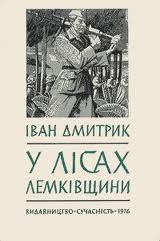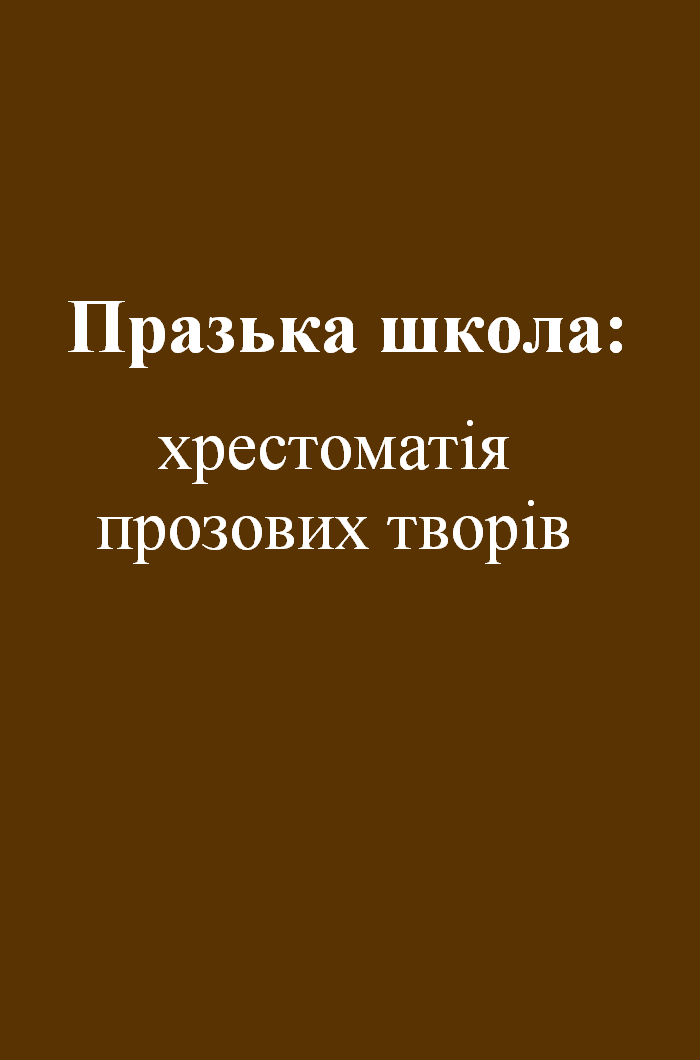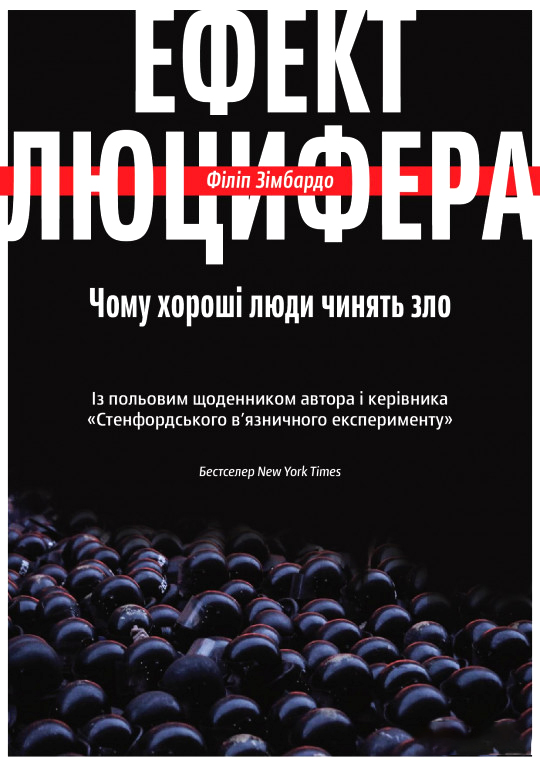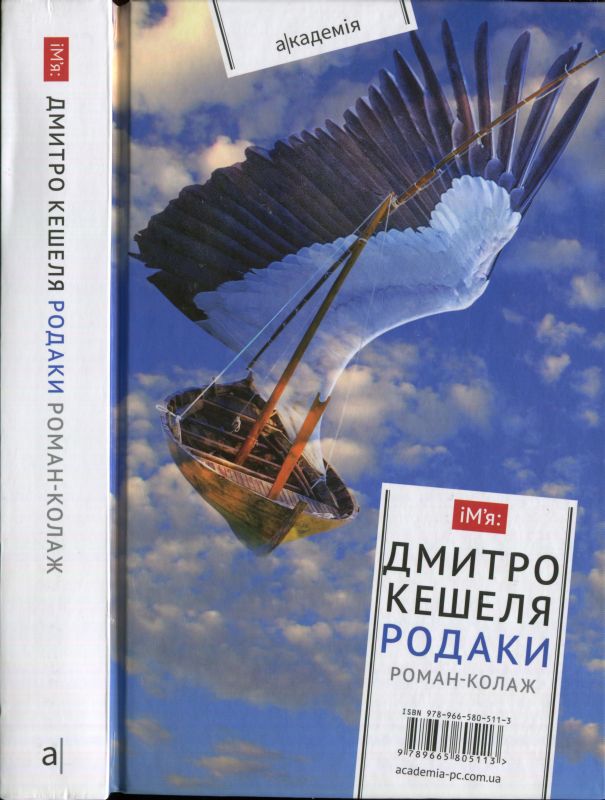Читати книгу - "Чому Захід панує - натепер"
Шрифт:
Інтервал:
Додати в закладку:
Jackson, Peter. "Marco Polo and his ‘Travels.'" Bulletin of the School of Oriental and African Studies61 (1998), pp. 82-101.
Jacob, Margaret. Scientific Culture and the Making of the Industrial West.New York: Oxford University Press, 1997.
Jacob, Margaret, and Larry Stewart. Practical Matter: Newtons Science in the Service of Industry and Empire. Cambridge, MA: Harvard University Press, 2004.
Jacques, Martin. When China Rules the World: The Rise of the Middle Kingdom and the End of the Western World.London: Allen Lane, 2009.
Jakobsson, Mattias, et al. "Genotype, Haplotype and Copy-Number Variation in Worldwide Human Populations." Nature 451 (2008), pp. 998-1003.
Jansen, Marius. The Making of Modem JapanCambridge, MA: Harvard University Press, 2000.
Jardine, Lisa. Going Dutch: How England Plundered Hollands Glory. New York: Harper, 2008.
Jaspers, Karl. The Origin and Goal of History.New Haven, CT: Yale University Press, 1953. First published in German, 1949.
Ji, Junfeng, et al. "Asian Monsoon Oscillations in the Northeastern Qinghai-Tibet Plateau Since the Late Glacial as Interpreted from Visible Reflectance of Qing-hai Lake Sediments." Earth and Planetary Science Letters 233 (2005), pp. 61-70.
Ji, Xiao-bin. Politics and Conservatism in Northern Song China: The Career and Thought ofSima Guang (AD 1019-1086). Hong Kong: Chinese University Press, 2005.
Jiang, Leping. "The Shangshan Site, Pujiang County, Zhejiang." Chinese Archaeology8 (2008), pp. 37-43.
Jiang, Leping, and Li Liu. "New Evidence for the Origins of Sedentism and Rice Domestication in the Lower Yangzi River, China." Antiquity 80 (2006), pp. 355-61.
Johnson, Donald, and Jean Johnson. Universal Religions in World History: The Spread of Buddhism, Christianity, and Islam to 1500.New York: McGraw-Hill, 2007.
Johnston, Alastair. Cultural Realism: Strategic Culture and Grand Strategy in Ming China.Princeton: Princeton University Press, 1995.
Jones, Eric. 1985. "‘Where is Everybody?'An Account of Fermis Question." Los Alamos Technical Report LA-10311-MS. Available at http://library.lanl.gov/infores/reports/.
Jongman, Willem. "The Early Roman Empire: Consumption." In Walter Scheidel et al., eds., The Cambridge Economic History of the Greco-Roman World, pp. 592-618. Cambridge, UK: Cambridge University Press, 2007a.
———. "Gibbon Was Right: The Decline and Fall of the Roman Economy." In Olivier Hekster, Gerda de Kleijn, and Danielle Slootjes, eds., Crises and the Roman Empire,pp. 183-99. Leiden: E. J. Brill, 2007b.
Jordan, William Chester. The Great Famine.Princeton: Princeton University Press, 1996.
———. Europe in the High Middle Ages. London: Penguin, 2001.
Judt, Tony. Postwar: A History of Europe Since 1945.New York: Penguin Press, 2005.
Jungers, William, et al. "Long-Bone Geometry and Skeletal Biomechanisms in Homo floresiensis."Paper delivered at the 79th Annual Meeting of the American Association of Physical Anthropologists, April 2010, Abstracts of AAPA Poster and Podium Presentations, pp. 143-44. http://physanth.org/annualmeeting/2010/79th-annual-meeting2010/2010%20AAPA%20Abstracts.pdf.
Kaegi, Walter. Byzantium and the Early Islamic Conquests.Cambridge, UK: Cambridge University Press, 1992.
———. Heraclius, Emperor of Byzantium. Cambridge, UK: Cambridge University Press, 2003.
Kamen, Stanley. Philip of Spain.New Haven, CT: Yale University Press, 1999.
———. Empire: How Spain Became a World Power, 1492-1763.New York: Harper, 2003.
Kann, Robert. A History of the Habsburg Empire, 1526-1918.Berkeley: University of California Press, 1980.
Kaplan, David. "The Darker Side of the ‘Original Affluent Society.'" Journal of Anthropological Research 56 (2000), pp. 301-24.
Kaplan, Robert. "How We Would Fight China." The Atlantic295.5 (June 2005), pp. 49-64.
Ke, Yuehai, et al. "African Origin of Modern Humans in East Asia: A Tale of 12,000 Y Chromosomes." Science292 (2001), pp. 1151-53.
Keene, Donald. Emperor of Japan: Meiji and His World, 1852-1912.New York: Columbia University Press, 2002.
Keightley, David. The Ancestral Landscape: Time, Space, and Community in Late Shang China (ca. 1200-1045 BC). Berkeley: University of California Press, 2000.
———. "Marks and Labels: Early Writing in Neolithic and Shang China." In Stark, ed., 2006, pp. 177-201.
Kelly, Christopher. The End of Empire: Attila the Hun and the Fall ofRome.New York: Norton, 2009.
Kennedy, David. Freedom from Fear: The American People in Depression and War, 1929-1945.New York: Oxford University Press, 1999.
Kennedy, Hugh. The Prophet and the Age of the Caliphates. 2nd ed. London: Longmans, 2004a.
———. When Baghdad Ruled the Muslim World: The Rise and Fall of Islam's Greatest Dynasty. New York: Da Capo, 2004b.
———. The Great Arab Conquests. London: Da Capo, 2007.
Kennedy, Paul. The Rise and Fall of British Naval Mastery. London: Allen Lane, 1976.
———. The Rise and Fall of the Great Powers. New York: Vintage, 1987.
Kennedy, Robert F. Thirteen Days: The Cuban Missile Crisis. New York: Norton, 1969.
Kennett, Douglas, et al. "Nanodiamonds in the Younger Dryas Boundary Sediment Layer." Science323 (2009), p. 94.
Kerr, Richard, et al. "Atlantic Climate Pacemaker for Millennia Past, Decades Hence?" Science309 (2005), pp. 41-42.
Keynes, John Maynard. A Treatise on Money.London: Macmillan, 1930.
Keys, David. Catastrophe: An Investigation into the Origins of Modern Civilization. New York: Ballantine, 2000.
Khanna, Parag. The Second World: Empires and Influence in the New Global Order. New York: Random House, 2008.
Kirchner, Julius, and Karl Morrison, eds. Medieval Europe.Chicago: University of Chicago Press, 1986.
Kiser, Edgar, and Yong Cai. "War and Bureaucratization in Qin China." American Sociological Review68 (2003), pp. 511-39.
———. "Early Chinese Bureaucratization in Comparative Perspective: Reply to Zhao." American Sociological Review 69 (2004), pp. 608-12.
Kislev, Mordechai, et al. "Early Domesticated Fig in the Jordan Valley." Science 312 (2006), pp. 1372-74.
Kitchen, Andrew. "Genetic Analysis of Human Head and Clothing Lice Indicates an Early Origin of Clothing Use in Archaic Hominins." Paper delivered at the 79th Annual Meeting of the American Association of Physical Anthropologists, April 2010, Abstracts of AAPA Poster and Podium Presentations, p. 154. http://physanth.org/annualmeeting/2010/79th-annual-meeting2010/2010%20AAPA%20Ab-stracts.pdf.
Kittler, Ralf, et al. "Molecular Evolution of Pediculus Humanus and the Origin of Clothing." Current Biology13 (2003), pp. 1414-17.
Klein, Richard. The Human Career. 3rd ed. Chicago: University of Chicago Press, 2009.
Ко, Dorothy. Cinderella's Sisters: A Revisionist History of Footbinding. Berkeley: University of California Press, 2007.
Koepke, Nikola, and Joerg Baten. "The Biological Standard of Living in Europe During the Last Two Millennia." European Review of Economic History 9 (2005), pp. 61-95.
———. "Agricultural Specialization and Height in Ancient and Medieval Europe." Explorations in Economic History 45 (2008), pp. 127-46.
Kohl, Philip.
Увага!
Сайт зберігає кукі вашого браузера. Ви зможете в будь-який момент зробити закладку та продовжити читання книги «Чому Захід панує - натепер», після закриття браузера.
























